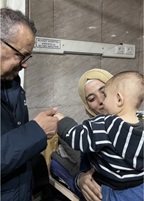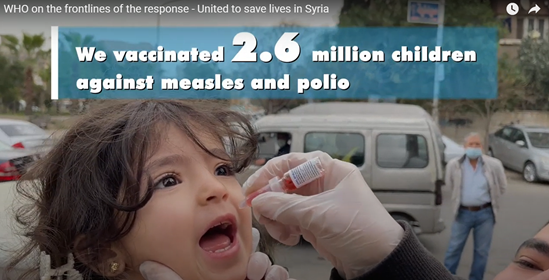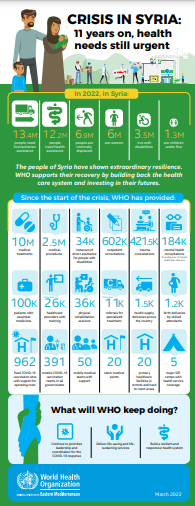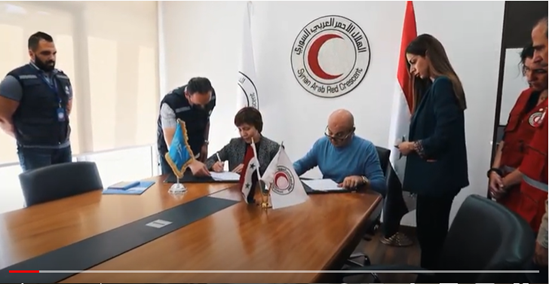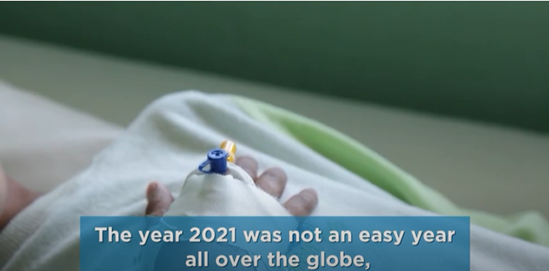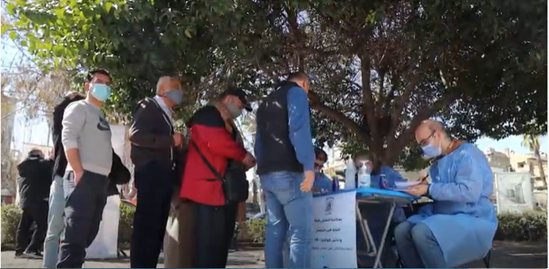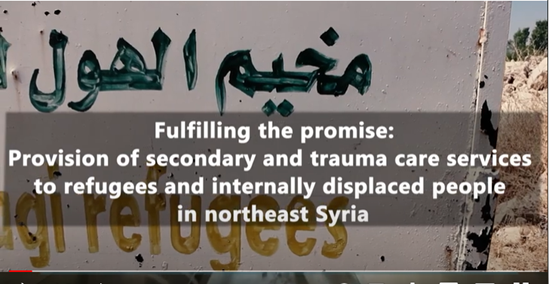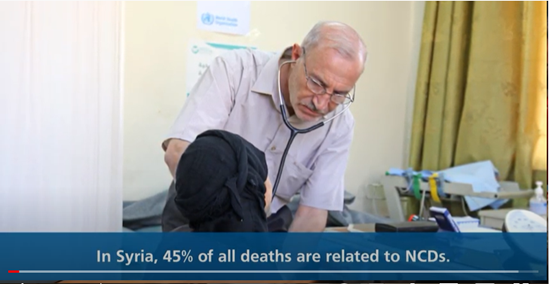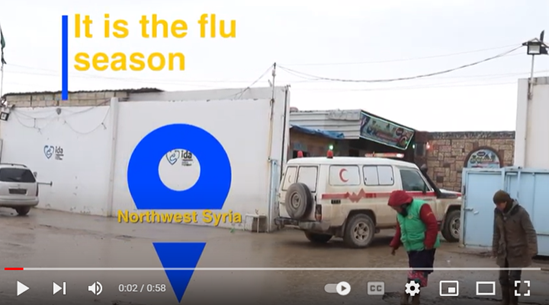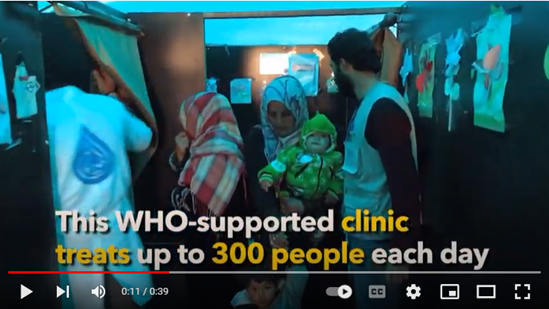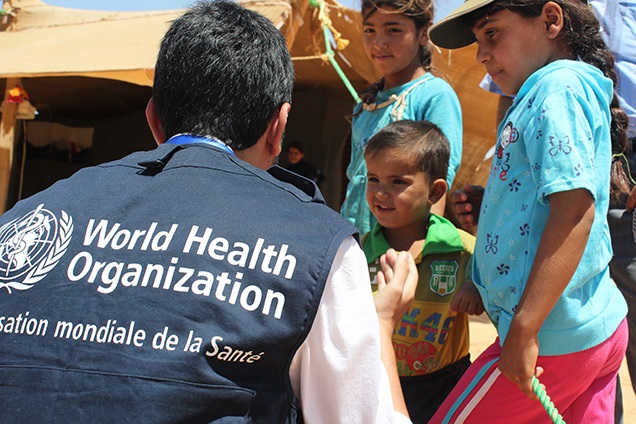

Syria crisis
Syria has been experiencing a protracted crisis for over a decade that has resulted in a deterioration of livelihoods and severely impacted the health system. Conflict, displacement, and socio-economic conditions have exacerbated the health needs of the population, and especially the most vulnerable ones such as women, children and people with disabilities.
Syria is grappling with one of the largest displacement crises in the world, with 7.4 million people internally displaced before the recent escalation. The health infrastructure is severely strained and over half of the country’s hospitals are non-functional.
In these conditions, displaced populations, especially those living in camps or informal settlements, are extremely vulnerable. Overcrowded living conditions, food insecurity, and inadequate sanitation are perfect breeding grounds for nutritional deficiencies, respiratory infections and other communicable diseases such as diarrhoeal diseases, lice and scabies, which can lead to long-term health complications.
WHO remains steadfast – not just in delivering life-saving aid and ensuring health care reaches those who need it most, but also in helping Syrians rebuild their lives and recover from years of crisis. Almost 15 million people need urgent access to trauma and surgical care, but also chronic disease management, maternal and child health care and mental health support.
Our teams are on the ground to support the health facilities, deliver supplies wherever needed, and strengthen disease surveillance systems, as the risk of outbreaks, including of cholera, continues to grow.
WHO is committed to staying and delivering life-saving health services to those in need. Our focus remains on addressing urgent health needs, restoring essential health services, and working closely with partners to strengthen Syria’s health system.
Page last updated: 20 December 2024
News
All →Regional news
Fifty tonnes of EU-funded medical supplies destined for Syria’s overstretched health facilities reach Türkiye 27 December 2024
WHO urgent flash appeal for the health emergency response in Syria: US$ 56.4 million for critical needs on multiple fronts 24 December 2024
Remarks by WHO Acting Representative at UN Press Briefing 20 December 2024
Statement on Syria by WHO Regional Director for the Eastern Mediterranean Dr Hanan Balkhy 18 May 2024
Syria launches national strategy on reproductive, maternal, neonatal, child and adolescent health 31
March 2022
WHO champions women’s right to health in Syria 8 March
2022
Strategy

All countries with a WHO office have a Country Cooperation Strategy (CCS). CCSs are flexible to align with the national health planning cycle (generally...

The Country Cooperation Strategy (CCS) is WHO’s strategic framework to guide the Organization’s work in and with a country. It responds to...

